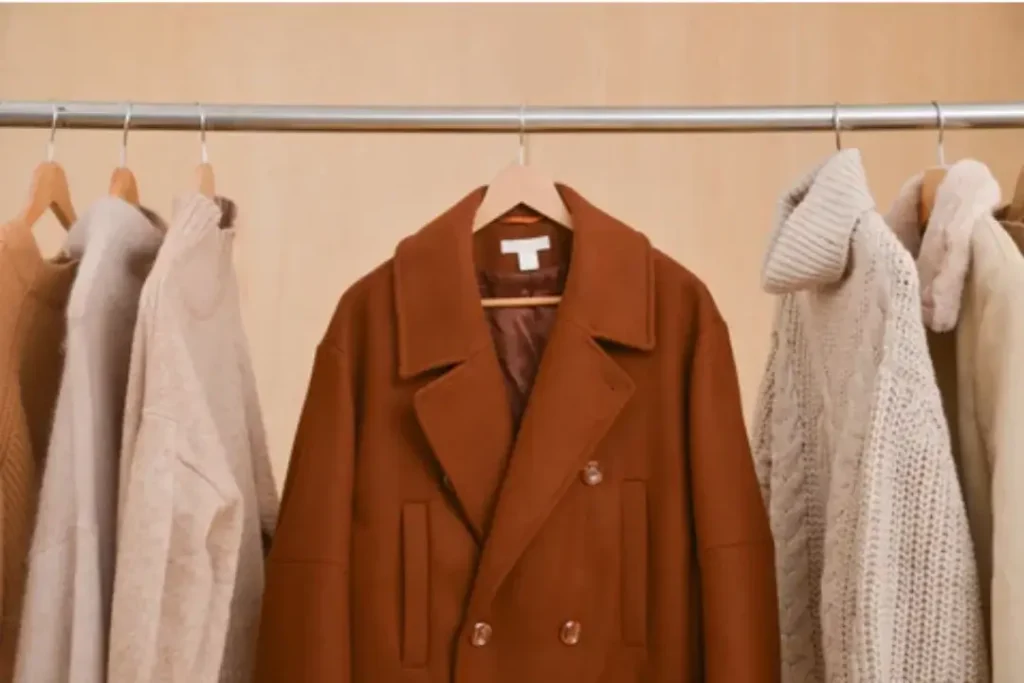
Best Fabric For Jackets
List of best fabric for jackets To Enhance Both The Aesthetic Appeal And Practicality Of Your Jacket Collection. Discover Top Choices To Enrich Your Style
Have you ever been cooking up a storm in your kitchen, only to find yourself a victim of a splashback from that emerald green olive oil? Or maybe you were at a restaurant, enjoying a delicious salad and olive oil dressing when suddenly, a dollop finds its way onto your favorite shirt? Your first thought might be, ‘Oh no, my clothes are ruined!’ Well, fear not, as this comprehensive guide on how to get olive oil out of cloth will dispel your fears and equip you with the right knowledge to tackle those stubborn olive oil stains.
We shall journey together through a series of techniques, providing a step-by-step guide that will help you salvage your oil-stained clothes. From immediate response strategies to pre-treating techniques, from washing advice to post-wash care, we will cover it all. Ready? Let’s Look Rijiz.
First things first. Upon such an unfortunate incident, grab a paper towel or a clean cloth and gently blot the stain. Remember, blot, don’t rub! Rubbing or scrubbing the stain can set it further into the fabric, making it tougher to remove. If you’re near a water source, rinse the stained area under cold running water. This immediate action can help prevent the oil from penetrating deeper into the fabric fibers.
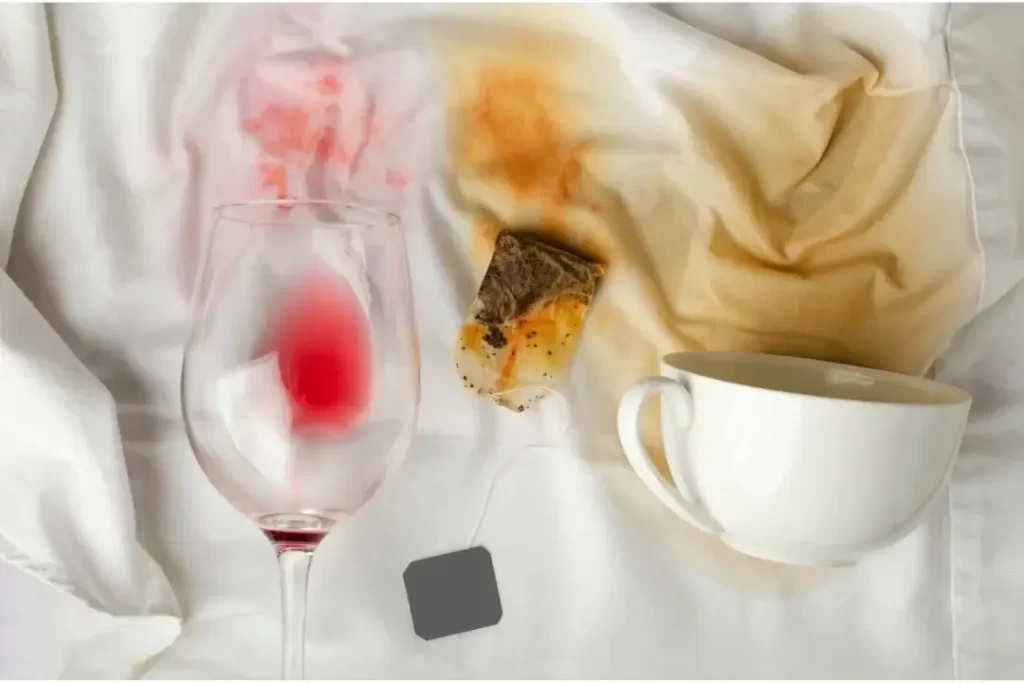
Your humble kitchen companion, dish soap, can also be your savior in this situation. Dish soap is designed to break down grease and oil, making it an ideal solution. Apply a few drops directly onto the stain, gently rub it in with your fingers, and let it sit for 5-10 minutes before rinsing with cold water.

There are numerous laundry pre-treatment sprays or gels available in the market that are designed to tackle oil-based stains. Follow the instructions on the bottle, which usually involve spraying or applying it onto the stain and letting it sit for a specified period before washing.
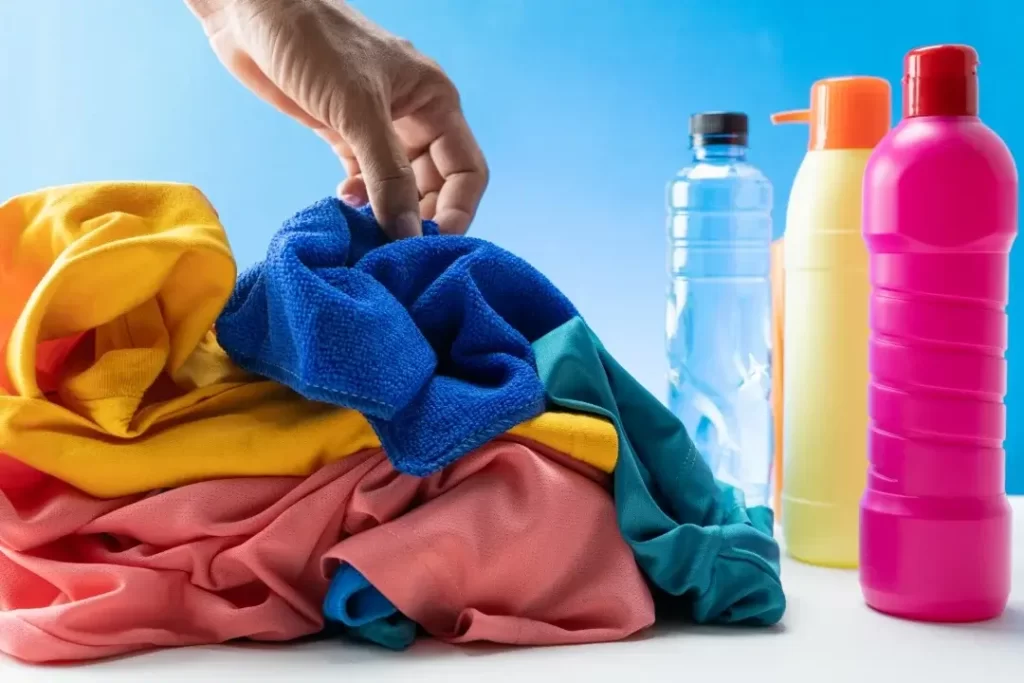
Baking soda or vinegar can also be effective stain removers. To use baking soda, sprinkle it over the stain, making sure it’s fully covered, and let it sit for 30 minutes to absorb the oil. Then brush it off and rinse. For vinegar, make a paste of three parts vinegar to one part baking soda. Apply this paste to the stain, let it sit for 15-20 minutes, then rinse off.
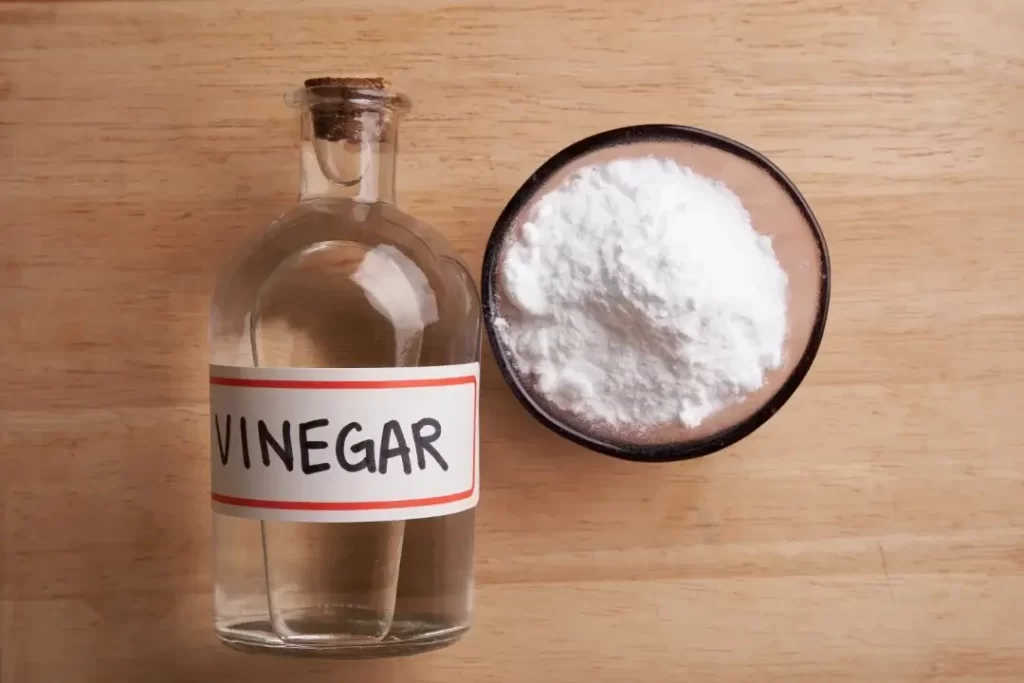
Once the stain has been pre-treated, it’s time to wash. Washing in warm or hot water can help break down the oil further. Use a heavy-duty laundry detergent or add borax or washing soda to your wash for an extra cleaning boost. Remember to wash the stained item separately, or with other oily items, to prevent oil transfer to other clothes.
For extra stain-fighting power, consider adding oxygen bleach to the wash. Post-washing, air dries the clothes in sunlight; the sun’s UV rays can naturally help remove any remaining residue. If the stain persists, don’t lose heart. Simply re-treat the stain and wash it again. Persistence often pays off with stubborn stains.
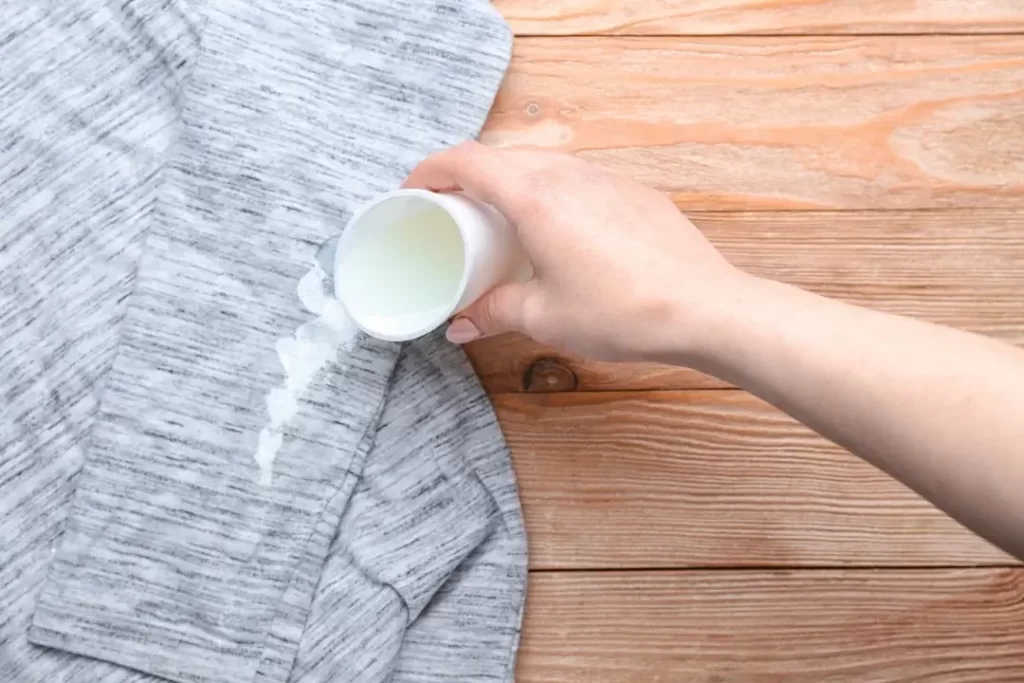
Post-wash, avoid using fabric softeners or dryer sheets, as they can interfere with the stain removal process. Air drying is best, but if you need to use a dryer, opt for low heat to avoid setting any potential remaining stain. Always inspect your clothes after washing and before drying, re-treat and re-wash if necessary.
If the stained item is made of delicate fabrics like silk or wool, or if your homemade remedies have not been successful in removing the stains, it’s time to call in the professionals. Also, if the stain is large, or in a conspicuous place on the garment, a dry cleaner may be best equipped to handle it.

There you have it! A comprehensive guide on how to get olive oil out of cloth. Olive oil might be the heart of many culinary masterpieces, but it doesn’t have to be the bane of your wardrobe. With this guide, you’re now equipped with the knowledge to restore your stained clothes to their original glory. So go ahead and experiment in the kitchen or indulge at your favorite Italian restaurant, knowing you’ve got this covered!
Yes, salt can be effective at absorbing fresh oil stains. However, it’s best used immediately after the spill.
While cold water won’t harm your clothes, warm or hot water is more effective at breaking down oil stains.
If the stain is still visible after washing and drying, repeat the pre-treating and washing process. Remember, it’s important not to dry the stained clothes in high heat until the stain is completely gone, as this can set the stain further.
Yes, but use caution. Bleach should only be used on white, bleach-safe clothing. Always follow the manufacturer’s instructions when using bleach.
Yes, it’s advisable to wash the stained item separately or with other oily items to prevent oil transfer to other clothes. Remember, treating an olive oil stain may require a bit of patience and persistence, but with these steps, you’re well-equipped to handle it. So, don’t let the fear of stains hold you back from enjoying your favorite dishes or whipping up new recipes in your kitchen.

List of best fabric for jackets To Enhance Both The Aesthetic Appeal And Practicality Of Your Jacket Collection. Discover Top Choices To Enrich Your Style
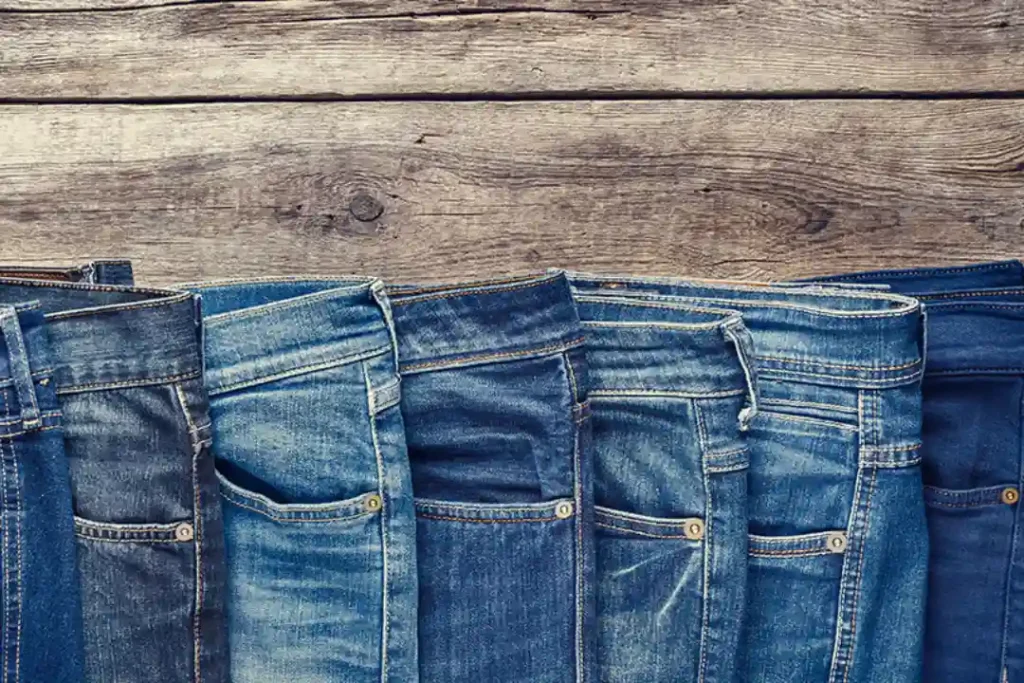
Discover the fascinating world of different types of denim fabric with our inclusive guide Understanding the different types of denim fabric, like raw denim, selvage

Unraveling the Threads: A Comprehensive Guide and Ultimate Comparison between Compression Shorts VS Boxer Briefs Rijiz.co Undergarments are often an afterthought in our busy morning
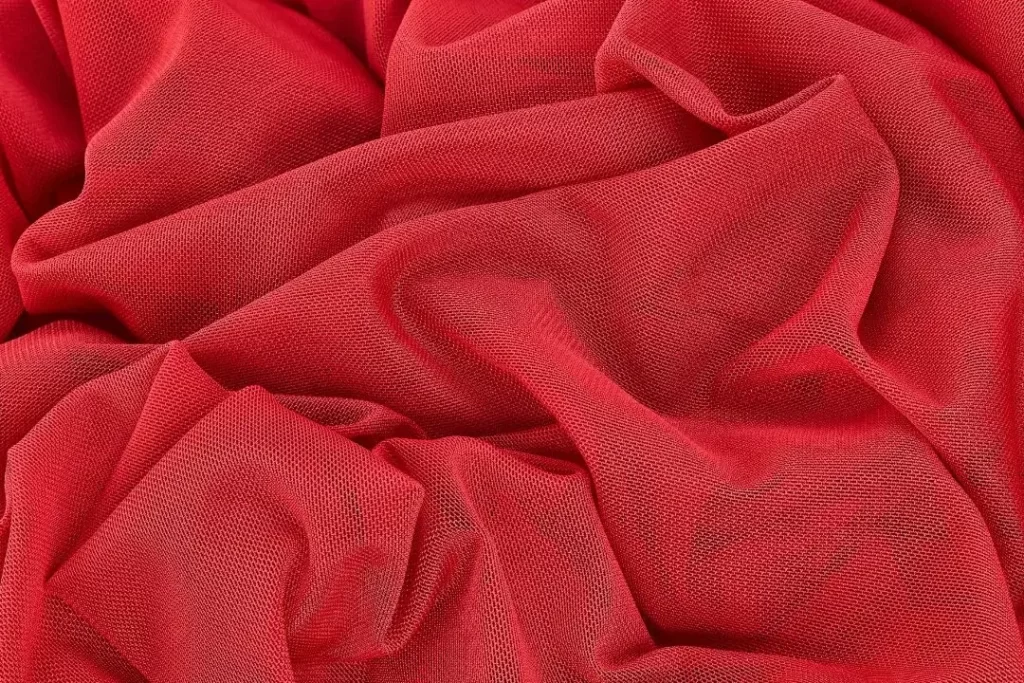
What Is Mesh Lining In Shorts? Unveiling the Magical Benefits of Mesh Lining in Shorts “Exploring The Truths and Insights Behind Mesh Lining In Shorts”
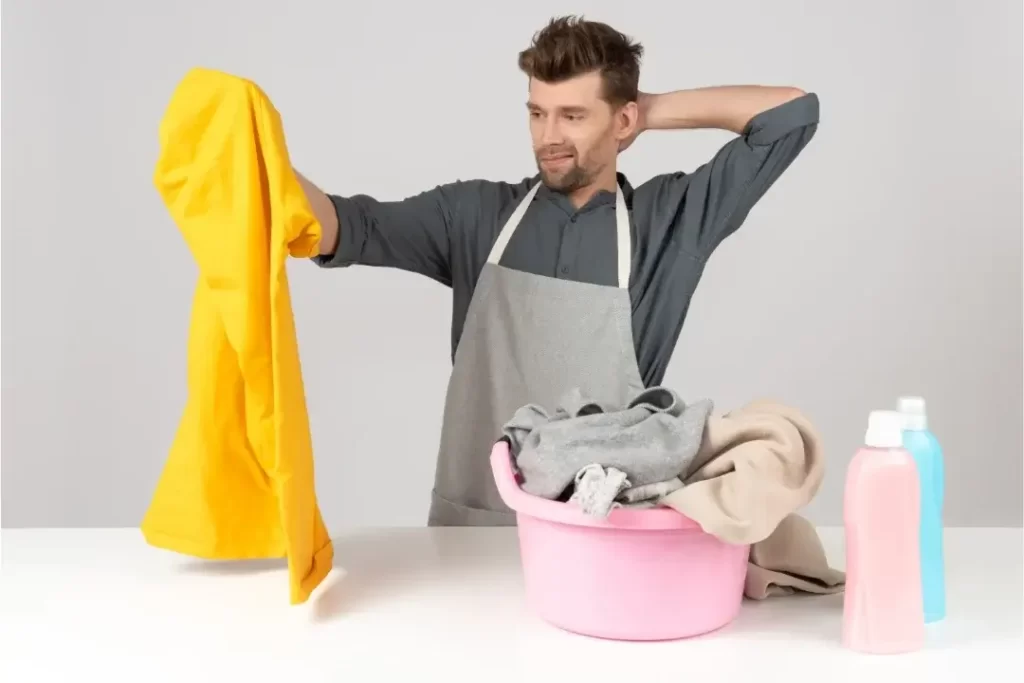
How to Get Olive Oil Out of Clothes Or Garments? Explore 3 Best Methods And Techniques Rijiz.co Have you ever been cooking up a storm

The Best Fabric for Shorts: How to Choose, Wear, and Care For Your Favorite One Choose The Best Shorts Fabric for Your Summer Comfort: An
WhatsApp us